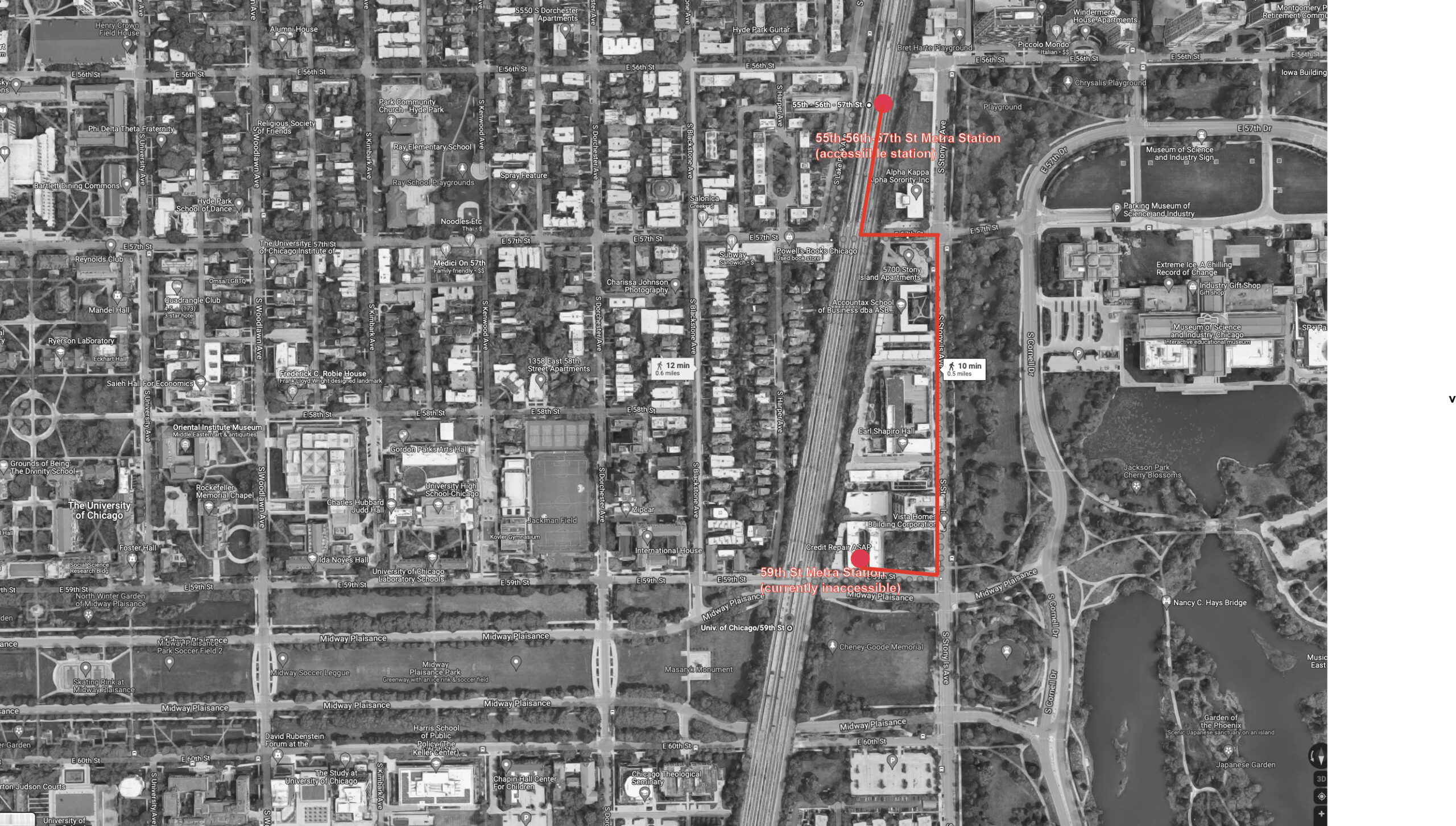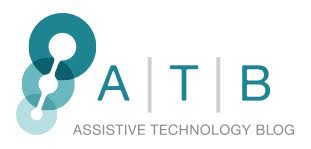Chicago And Fourteen Other US Cities In Nine States Get Funding To Make Train Stations Accessible
If you live in a major metropolitan city anywhere in the world, you probably rely on public transportation like trains and buses to move around in the city. For the most part, public transit is convenient, however, there are many documented instances where issues with bus and train stations, especially the ones with underground or elevated platforms, can be the source of frustration, helplessness and turmoil for senior and disabled community members. Issues like broken or absent elevators, missing automatic door openers, doors not wide enough for wheelchairs to pas through are a few that come to mind.
Fixing these issues is not possible overnight and usually requires budget approvals and jumping through lengthy bureaucratic hoops. When decisions are indeed made to fix accessibility related issues though, it’s time to rejoice – not just because it’s a potential win for the disabled community but it’s also an opportunity for citizens and activists to make sure these projects are actually successfully completed – setting examples for other cities and transit authorities to follow suit. Recently, the Federal Transit Administration announced 15 different accessibility projects to make train stations accessible in IL, CT, MA, MD, NJ, NY, OH, PA, and WA by investing $686,000,000 to make stations ADA accessible.
If you live in Chicago (like me!) and commute to and from the University of Chicago/ Hyde Park area, you will be pleased to know that Metra, one of the two local train systems was recently awarded an infrastructure grant of by the Federal Transit Administration to make the 59th Street Metro station accessible and reopen a long closed entrance. For those not familiar with the area, the 59th St Metra station is really close to several buildings in the University of Chicago campus. This grant is meant to meet the American with Disabilities Act requirements and will enhance the station’s accessibility amenities by installing elevators at entrances, relocate stairs, widen doors, and install button activated openers. A design for the renovation is expected to be completed sometime in 2023, soon to be followed by construction that is expected to be finished in 2025.
This should provide significant convenience to disabled commuters to and from University of Chicago since the closest accessible station, 55th-56th-57th St, is half a mile north to it.

The 59th St Metra Station is not the only one getting revamped though. The 95th St Metra station, which services Chicago State University, is also getting 29 million dollars to make it fully ADA accessible by installing elevators, reconstructing the platform, adding a pedestrian tunnel and pathways to transit connections, and replacing audio and visual communication displays for ADA accessibility.
If you are interested in learning more about Metra accessibility initiatives, check out their accessibility webpage. There is also an option to join their ADA Advisory committee if that interests you.
The Federal Transit Administration’s All Stations Accessible Program makes funding available to repair, improve, remodel, retrofit, or relocate infrastructure within stations, especially as part of the new Bipartisan Infrastructure Law. Keep an eye on their website for future funding and other accessibility related announcements. If you are outside of the US, does your country have a similar administration or program that takes initiatives to make public transit accessible?

Source: Block Club Chicago


Leave a comment